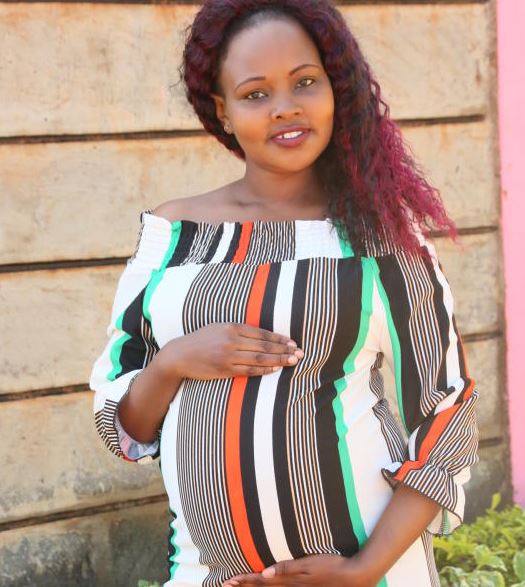×
The Standard e-Paper
Home To Bold Columnists

Eva and David were both born with HIV and knew their status under entirely different circumstances; but destiny made their paths to cross and cupid shot arrows through their lovelorn hearts.